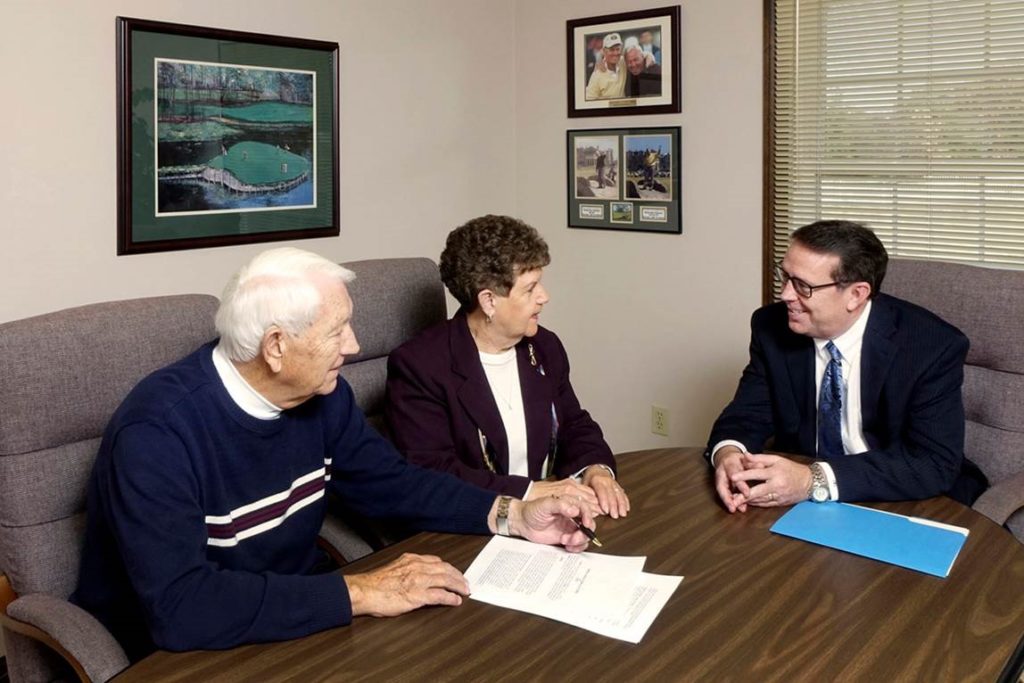Medicaid, a joint state and federal program, provides health coverage to low-income individuals of all ages. Qualifying for Medicaid requires meeting strict income and asset limits, which vary by state and the type of Medicaid coverage sought. As part of our Elder Law practice, Beck, Lenox and Stolzer Estate Planning and Elder Law, LLC, has been providing assistance with Medicaid planning for over 20 years.
These limits pose a significant hurdle for many, especially those needing long-term care. According to an ElderLawAnswers article, this is where Medicaid Asset Protection Trusts come into play. MAPTs offer a legal avenue to protect assets, while preserving eligibility for Medicaid benefits. Today, we bring you information on understanding Medicaid asset protection trusts (MAPTs).
How Medicaid Asset Protection Trusts Work
A MAPT is an irrevocable trust established during your lifetime that transfers ownership of assets to a trust, so Medicaid excludes them from the resource limit during eligibility qualification. Once transferred, you no longer own the assets directly, which helps you to meet Medicaid’s eligibility criteria. Appoint a trustee other than yourself to manage the trust and to transfer the assets, such as real estate or stocks, into the trust’s name correctly.
Key Considerations
- Timing is Crucial: A MAPT must be created and funded with Medicaid’s 60-month lookback period in mind. Assets transferred into the trust within this period may penalize your Medicaid eligibility.
- Choosing a Trustee: You want to choose someone you explicitly trust to be responsible for the MAPT. Often, a responsible adult child, other close relative or a close friend is chosen.
- Living Arrangements: Transferring your home into a MAPT doesn’t mean you have to move out. You can still reside in your home, although the trust technically owns it.
- Income and Benefits: You can receive income from the trust’s assets. However, this income may affect your Medicaid eligibility.
Key Takeaways
- Asset Protection: A MAPT can protect assets, including bank accounts, stocks, real estate and more, from being counted towards Medicaid’s resource limits.
- Irrevocability: A MAPT cannot be altered or revoked once established. The assets within the trust are permanently shielded from Medicaid consideration.
- Estate Recovery Avoidance: Properly structured, a MAPT can protect your home and other support from Medicaid’s estate recovery efforts after your death.
- Professional Guidance is Essential: Given the complexity and potential costs associated with MAPTs, consult with an elder law attorney to confirm whether one is appropriate for your situation.
Conclusion
Understand Medicaid Asset Protection Trusts is an important first step and a valuable strategy for individuals looking to qualify for Medicaid without sacrificing their assets. Work with an attorney to understand how these trusts work and the financial considerations involved, so you can make informed decisions about your long-term care planning. It is important that your elder law attorney has solid experience in Medicaid planning. Beck, Lenox and Stolzer has helped over 3,200 families in the 20+ years we have practice in Elder Law. If you need help, schedule a free initial phone consultation with one of our attorneys to discuss your situation.
Reference: ElderLawAnswers: What Are Medicaid Asset Protection Trusts?










